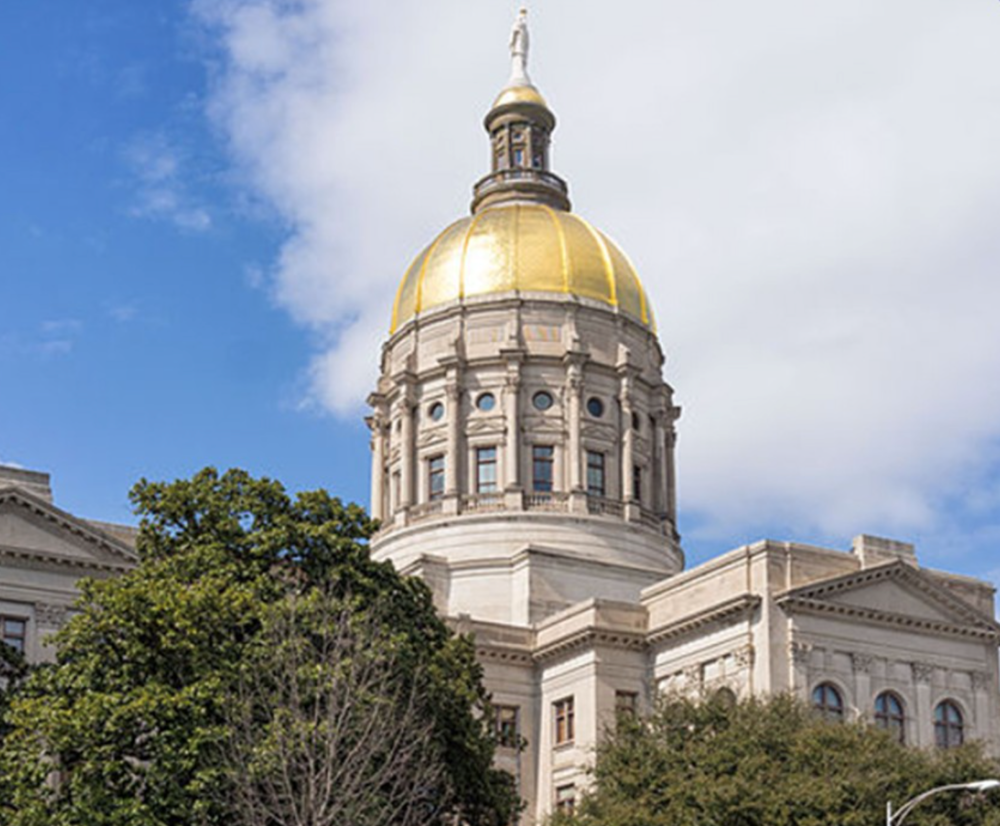Section Branding
Header Content
Crossover Day: What Big Bills Remain?
Primary Content
The 2019 legislative session is nearing a pivotal moment: Crossover Day.
Lawmakers have made it through nearly two months of committee meetings, floor debates and votes, but many big-name measures have not yet passed the House or the Senate and crossed over to the other chamber.
Here’s a look at major legislation that has not yet been voted on.
This bill would create a new statewide agency that oversees transit and transportation. Also included is a 50-cent fee for taxis, limos and ride-sharing services like Uber and Lyft, and a 25-cent fee if a ride is shared. That money (between $30 million to $60 million) would pay for pilot programs that offer transit credits or vouchers in rural Georgia. A Tuesday amendment would also give up to three half-million dollar grants for pilot programs in Metro Atlanta.
This bill says no abortion can be performed “if the unborn child has been determined to have a human heartbeat,” which medical experts say is around six weeks into pregnancy. Current Georgia law sets the cutoff at 20 weeks. Some exceptions would remain. Gov. Brian Kemp promised on the campaign trail to pass the “toughest abortion laws in the country.”
This bill follows up on Gov. Kemp’s promise. His House floor leaders’ measure would effectively ban abortions in Georgia if the U.S. Supreme Court overturns Roe V. Wade or if states are allowed to outlaw abortion. The maximum penalty for those who perform an abortion would be $100,000 and ten years in prison.
BAN EMPLOYERS FROM RELYING ON SALARY HISTORY
This bill would require prospective employers to not *rely* on salary history to set payrates during the hiring process – but they could still ask about it. Democrats who’ve sponsored the bill say it’s part of a larger effort to close the wage gap. The City of Atlanta recently took a step further – banning the question from applications completely.
DIGITAL GOODS TAX (NOT NETFLIX)
This bill is the “Georgia Communications Services Tax Act.” Lawmakers want to add a four percent tax on digital products, like e-books, music downloads and video games. It would also nix several existing fees on phone and television services. But after pushback, Netflix and other streaming video services are exempt. This change means the bill would not capture enough tax money to subsidize rural broadband, a separate issue that the legislature is trying to address.
CERTIFICATE OF NEED (HOUSE AND SENATE)
A pair of bills that would modify the Certificate of Need structure in Georgia are also facing the Thursday deadline. CON deals with health care facilities and services in Georgia, and says that any new construction or program must obtain a “certificate of need” to proceed. The new bills would provide a licensing framework instead A new group called Save Georgia Healthcare, which includes non-profit WellStar Health System is calling for lawmakers to defeat the bill, a move Lt. Gov. Geoff Duncan blasted on Twitter.
HORSE RACING BETTING (HORSE RACING CASINOS)
One bill is called the “Rural Georgia Jobs and Growth Act” that would allow horse racing in Georgia and set up regulations. One would ask Georgians to vote on a constitutional amendment to authorize it. Gov. Kemp says he’s opposed to gambling but won’t get in the way of the bill
STATE TAKEOVER OF ATLANTA AIRPORT
The state wants to create an authority to oversee the world’s busiest airport. Atlanta Mayor Keisha Lance Bottoms says it’s a “theft” from city residents and called it an “act of war.”
RELIGIOUS FREEDOM RESTORATION ACT
The bill which mirrors federl law would make it harder for the government to pass laws that conflict with religious beliefs. Because of a few additions, Gov. Kemp may not sign the measure. Business leaders and gay rights advocates decried the bill, saying that it could allow discrimination. It still awaits a committee hearing, and may not pass this session.
RIDE SHARING: LICENSED DRIVERS CAN CARRY FIREARMS
This bill would allow ride-sharing drivers who have a license to carry a firearm to do so while driving. Currently, companies like Uber and Lyft prohibit their drivers from carrying their guns while working.
This page will be updated as legislation makes it to the floor – or doesn’t.


